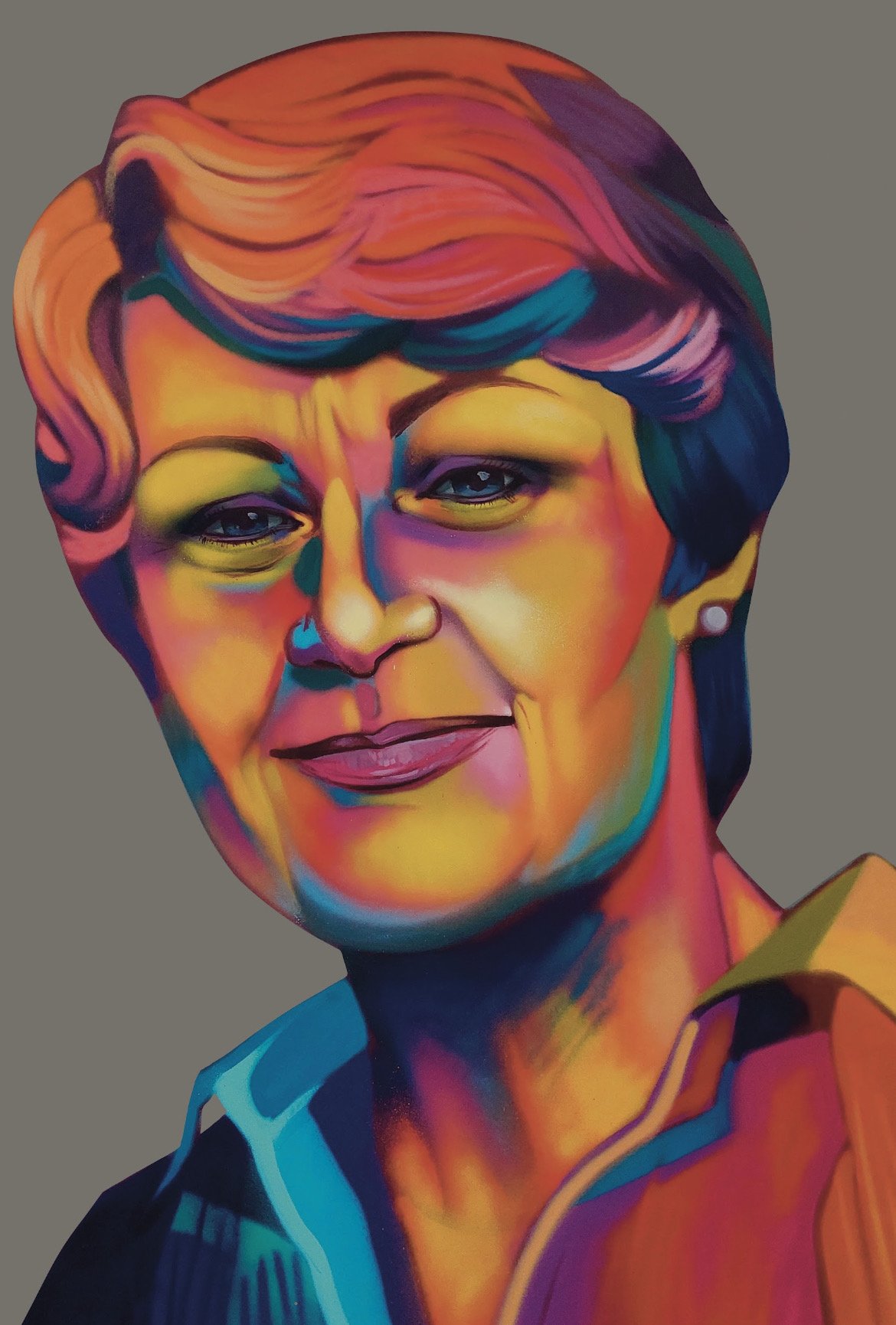John and Pat Hume
Peacebuilders, Human Rights Advocates
John & Pat Hume. Credit: Pacemaker
Working side by side for decades, the partnership of John and Pat Hume has been celebrated around the world as one of total commitment both to each other and to the people of Northern Ireland. As a co-founder and eventual leader of the Social Democratic and Labour Party (SDLP) John Hume was a major, visible driving-force behind the peace process in Northern Ireland throughout the Troubles, so much so that he was awarded the Nobel Peace Prize in 1998. But he couldn’t have done it without ‘his trusted advisor, his political antenna,’ his wife, Pat Hume, who supported the family financially in the early years of John’s political career and then set-up and ran his full-time office after he was elected as one of Northern Ireland’s three Members of the European Parliament (MEP) in 1979.
“When the history of Ireland is written, if Pat Hume’s name is not beside John’s it will be an incomplete history.”
John & Pat on their wedding day, 1960
Patricia ‘Pat’ Hone, born in 1938, grew up with her parents and five siblings in Derry. After training to be a teacher in Belfast, she returned home where she taught children largely from poor backgrounds, with the ardent belief that a good education could improve their circumstances. It was at a dance hall just over the border in Donegal when she was twenty that she met John Hume, a teacher himself. John, born in 1937 in Derry, had at one point attended St. Patrick’s College in Maynooth with the intention of becoming a priest but with an MA in French and History, he returned home to teach instead. The couple married in 1960 and over the years that followed, had five children together.
John being searched by a British soldier in Derry. Credit: John & Pat Hume Foundation
Towards the end of the 1960s, John became a vocal leader of the Civil Rights Movement, particularly in Derry when he was made deputy chairman of the Derry Housing Action Committee (DHAC), an organisation formed in 1968 in response to housing discrimination. This led him into politics, and eventually to the leadership of the SDLP in 1979, a party he helped to co-found nine years previous with the vision of being an anti-sectarian political movement.
Portrait by FRIZ
Meanwhile, Pat was at home oftentimes (in the early days, at least) supporting the family financially on her teacher’s salary and raising their children whilst remaining a steady ‘guiding light,’ ‘trusted advisor’ and ‘anchor’ for John. But as a constituency officer manager from 1979 onwards, she took on a more visible and politically active role within her community, helping many who had been caught up in some way or another in the conflict, and offering advice on housing, security, and education issues. Their family home sometimes acted as an office as they hosted political figures and constituents alike.
1990 Credit: The Irish News
As John’s profile grew, the threats and violence meted out on the family home became more and more frequent, but Pat maintained a stable homelife for her children as best she could, and neither partner wavered in their belief in the power of dialogue. Despite evoking criticism and causing controversy at the time, the meetings between John and the then leader of Sinn Féin, Gerry Adams, from 1988, are considered by many to have been a serious turning point in the conflict. John and Pat’s joint actions were critical in the realisation of major political developments in Northern Ireland that led to peace, such as the Sunningdale Agreement, Anglo-Irish Agreement, and the Belfast/Good Friday Agreement as well.
“...[Pat Hume] held out her hand and not a fist, holding on to the belief that there was, and still is, a non-violent way to resolve the conflict. She accompanied her peace-building work with justice.”
Both John and Pat remained politically active until 2005 when John retired, and Pat as well, to care for him. Since the 1990s, John had begun to suffer the symptoms of dementia. Despite this, the couple continued to promote EU integration and the Credit Union movement (which had long been of particular importance to John who, in the 1960s, held the title of the youngest ever President of the Irish League of Credit Unions).
“Difference is an accident of birth, and it should therefore never be the source of hatred or conflict.”
Pat Hume was awarded an honorary degree in recognition of her community work, at the University of Ulster in Derry. Photograph: George Jackson
John died on 3 August 2020 and was hailed by many as a ‘political titan’ and a ‘visionary who refused to believe the future had to be the same as the past.’ Pat died just over a year later on 2 September 2021. She was remembered as ‘small in stature but a colossus.’ Together, they helped to change the future of Northern Ireland and prove that open dialogue, negotiation, and commitment can overcome even the most terrible conflict and bring peace for future generations.
“[Pat] showed us the power of love. I hope Pat will be recognised and remembered as the mother of the peace that we enjoy today.”
Herstory by Katelyn Hanna
Bibliography:
The Irish Times, 9 Sep. 2021, online at: https://www.irishtimes.com/life-and-style/people/pat-hume-obituary-john-s-intellectual-equal-who-strove-for-peace-1.4669370 [accessed 3 Mar. 2022].
‘About Us,’ Social Democratic and Labour Party, online at: https://www.sdlp.ie/about [accessed 3 March 2022].
Independent.ie, 2 Sep. 2021, online at: https://www.independent.ie/irish-news/youd-never-meet-anyone-like-her-sharp-warm-decent-fun-never-stopped-doing-things-for-good-the-life-of-pat-hume-40813482.html [accessed 3 Mar. 2022].
BBC News, 2 Sep. 2021, online at: https://www.bbc.com/news/uk-northern-ireland-58382715 [accessed 3 Mar. 2022].
Belfast Telegraph, 3 Sep. 2021, online at: https://www.belfasttelegraph.co.uk/news/northern-ireland/pat-hume-peacemaker-and-partner-to-john-hume-helped-transform-northern-ireland-40814945.html
Chappell, Elliot, ‘SDLP founding member and former leader John Hume dies,’ LabourList, online at: https://labourlist.org/2020/08/sdlp-cofounder-and-former-leader-john-hume-dies/ [accessed 3 Mar. 2022].
The Irish Times, 8 Aug, 2020, online at: https://www.irishtimes.com/life-and-style/people/pat-hume-the-woman-who-never-gave-up-1.4323798 [accessed 22 Mar. 2022].







